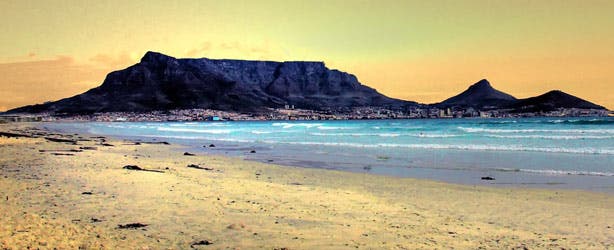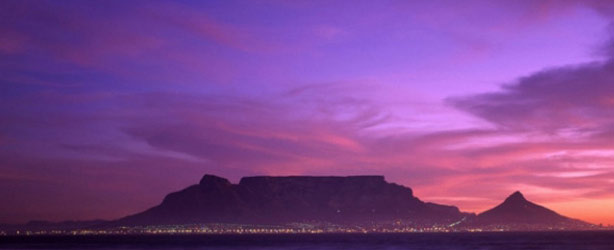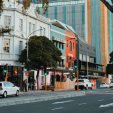Voted coolest street in the world, here’s why
Rhino and cheetah instead of cows
A growing number of farmers on the Garden Route, and the rest of South Africa, are trading in their livestock for wildlife
The amount of private land dedicated to wildlife ventures like breeding, viewing and hunting has increased steadily across South Africa - up to 25 percent a year in the Eastern Cape alone.Bit by bit, a land subjected to decades of bush clearing, overgrazing and invasion by alien vegetation is reverting to its natural state. Wild grasses and bushes are sprouting in dusty, eroded pastures, and animals that were hunted nearly out of existence are making a comeback.
Farming is tough in South Africa. Rainfall is erratic, and the costs are rising.
Environmentalists worry that the spread of private parks has gone largely unregulated, guided by economics rather than conservation.
"I think it is a very positive trend if we are moving away from agriculture ... which is very destructive for soil and habitats," said Jason Bell-Leask, regional director of the International Fund for Animal Welfare.
"But, are we conserving wildlife or are we actually starting to farm these animals?"
(Source: Associated Press / 28 August 2005)









